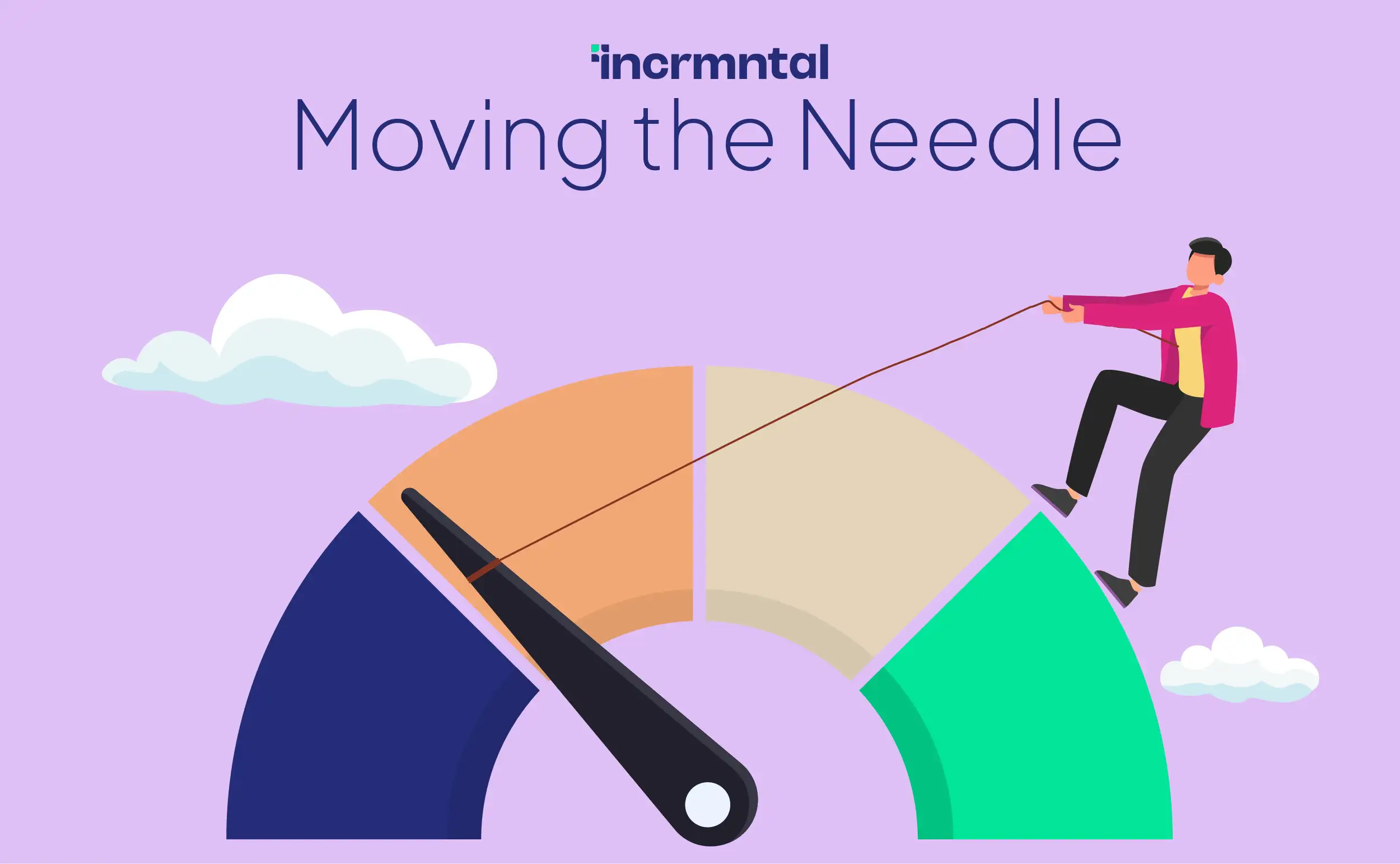Solutions
Teams
Built for your whole team.
Industries
Trusted by all verticals.
Mediums
Measure any type of ad spend
Platform
Use Cases
Many Possibilities. One Platform.
AI and Automation
The Always-on Incrementality Platform
Teams
Built for your whole team.
Industries
Trusted by all verticals.
Mediums
Measure any type of ad spend
Use Cases
Many Possibilities. One Platform.
AI and Automation
The Always-on Incrementality Platform

Even the world’s most recognized brands, from Apple to Nike, continue to invest heavily in marketing. At first glance, this might seem unnecessary—after all, these companies have already achieved top-of-mind status among consumers. However, ongoing marketing efforts are crucial for maintaining their position, staying relevant in an ever-changing market, and ensuring sustained growth. But how do these brands determine whether their continued success is a result of their well-established reputation or marketing efforts?
Marketing measurement is a critical component of any strategy, allowing businesses to understand the effectiveness of their campaigns and optimize for better results. However, measuring the impact of marketing efforts for a well-known brand poses unique challenges compared to less established or non-branded products.
For popular brands, organic traffic and brand recognition are already high. This creates a paradox: the brand is so entrenched in the consumer's mind that it's difficult to discern the impact of additional marketing efforts. Consumers may naturally gravitate towards these brands without any recent marketing influence, making it tough to attribute sales or engagement spikes to specific campaigns. As a result, traditional marketing metrics can become less effective, leading to the need for more sophisticated measurement techniques.
Similar to the chicken and the egg analogy, here is a popular brand dilemma. Can they contribute their revenue to the strong standing brand reputation or the latest marketing campaign?
One of the biggest challenges in measuring marketing effectiveness for a well-known brand is distinguishing between what results from ongoing branding efforts and what can be attributed to recent marketing campaigns. Branding and marketing are intertwined, but they serve different purposes. Branding builds the long-term image and reputation of a company, while marketing drives short-term actions and engagements.
For instance, a spike in sales during a promotional period could be due to the brand's established trust and loyalty rather than the marketing campaign itself. On the other hand, a well-executed marketing campaign might only slightly elevate sales because the brand already enjoys a significant baseline of organic purchases.
Even the most recognizable brands like Coca-Cola and Pepsi still pour resources into aggressive advertising. Why? Because maintaining dominance and relevance in the market requires constant visibility. Yet, many up-and-coming businesses hesitate to invest in advertising. Here’s why established giants persist with their ad campaigns even with a strong reputation.
Think about the last time you saw an ad for Coca- Cola or Pepsi? You probably ask yourself why do they even need to spend money on advertising when they already secure such a big chunk of the pie?
Traditional measurement techniques often fall short for well-known brands because they tend to over-attribute results to marketing campaigns. Metrics like Return on Ad Spend (ROAS) or Cost Per Acquisition (CPA) can be misleading when a brand's organic presence is strong. Every sale or engagement during a campaign period might be attributed to the campaign, even if the brand's inherent pull is doing most of the work. This misattribution can lead to incorrect conclusions about campaign effectiveness and misguided marketing decisions. To overcome these challenges, marketers for well-known brands should focus on incrementality measurement. Incrementality measurement isolates the true impact of marketing efforts by determining what portion of the sales or engagement would not have occurred without the campaign.
Some of the biggest brands in the world's main marketing objective IS generating incremental revenues.
Major brands like Coca-Cola and Pepsi invest in aggressive advertising to stay relevant and dominant. While new businesses might face budget constraints and uncertainties, they shouldn’t shy away from effective advertising. By learning from established brands and embracing innovation, emerging businesses can build awareness, drive sales, and establish a strong market position. In short, advertising is a crucial investment in future growth and success as long as you are aware of what marketing dollar is moving the needle.
Even brands with strong reputations and top-of-mind awareness continue to invest in marketing because it’s essential for staying relevant, maintaining market share, and driving growth. However, it’s equally important for these brands to measure the effectiveness of their marketing efforts to understand whether their success is a result of brand recognition or ongoing promotional activities. By leveraging techniques like Marketing Mix Modeling, and A/B testing, and Incrementality Measurement, brands can gain valuable insights into the true drivers of their continued success and make informed decisions about their marketing strategies.

Meet Johana, our passionate Marketing Lead with over 10 years of experience. At INCRMNTAL, she oversees partnerships, content creation, and social media. She believes effective marketing combines storytelling, understanding consumer psychology, and unique branding. Johana is passionate about her role, much like the adtech industry she thrives in, which is constantly evolving and challenging. Previously, she held leadership roles at Applift and Glispa, honing her expertise and dedication to innovative marketing solutions. Johana is also a seasoned foodie on an adventure find the best bites around the globe. Her top culinary hotspots? India, Japan and Italy.